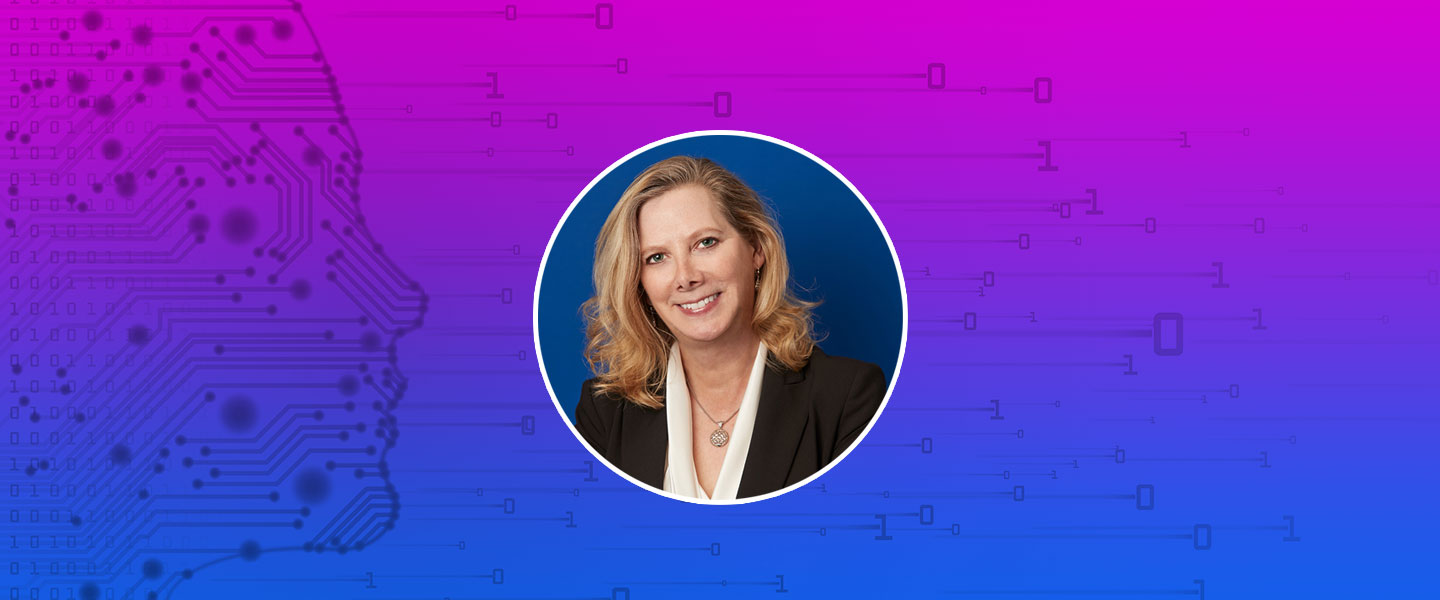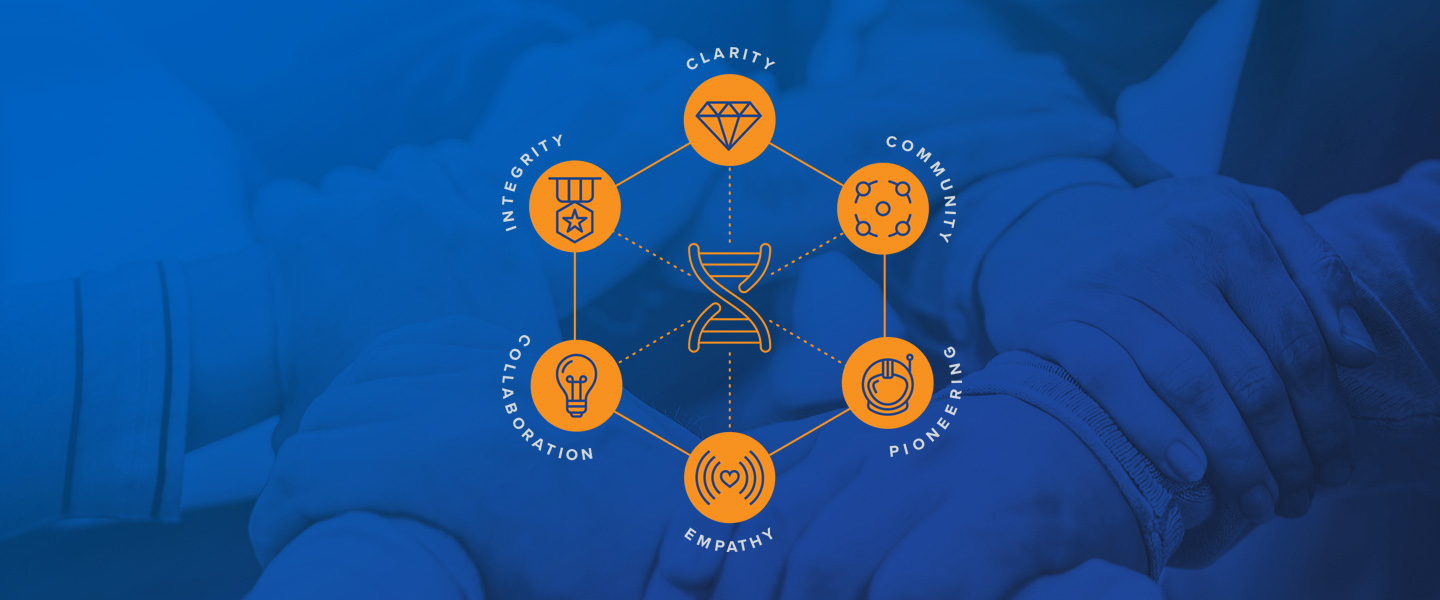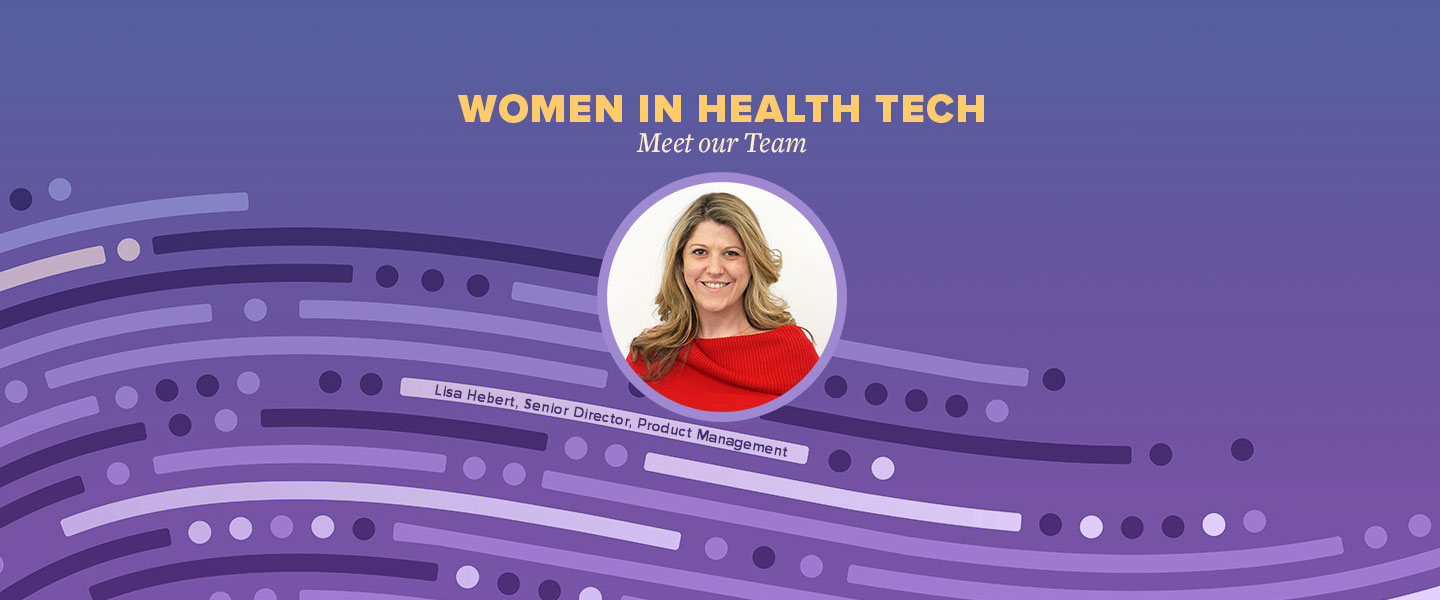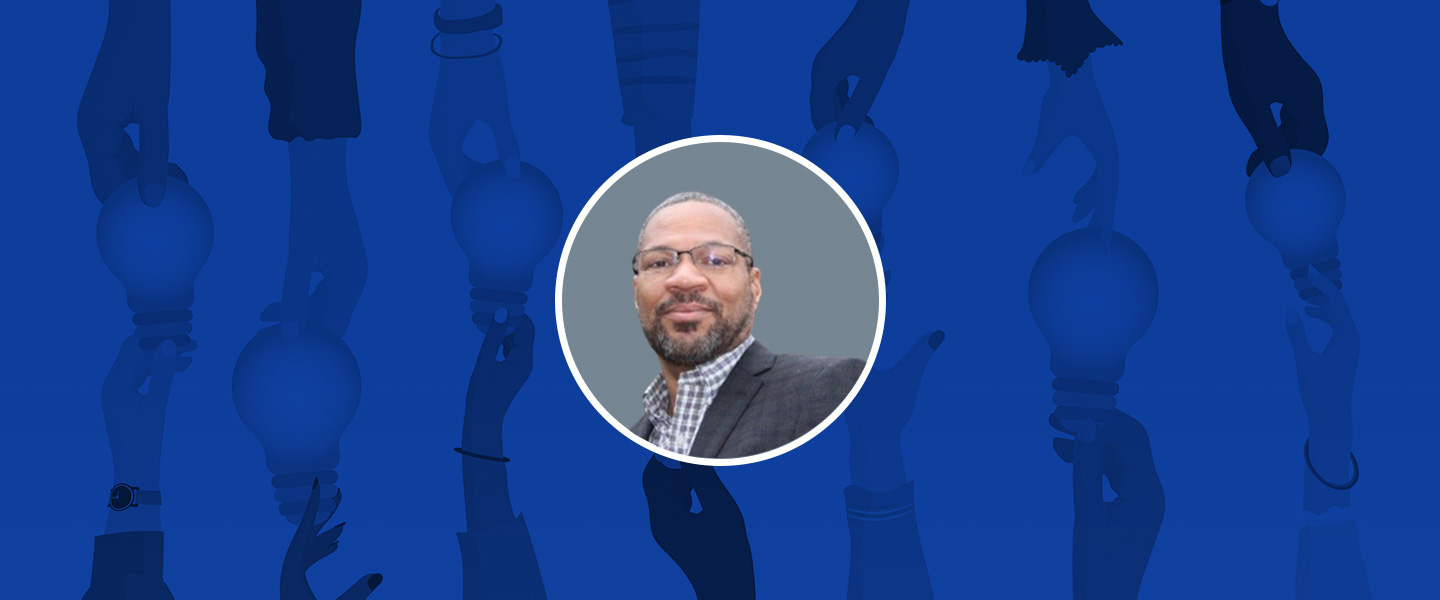In this series, Women in Health Tech, we are spotlighting and honoring distinguished women across the nation who are leading the mission for continued innovation, change, and equal opportunities in healthcare, science, technology, and more.
We caught up with Kelly Neagu, VP of Marketing at NantHealth, who, from a young age, was drawn to the healthcare industry to make a meaningful difference after watching her mother navigate the healthcare system to treat a rare autoimmune disease.
Kelly is a brand and marketing strategist focused on simplifying the complexity of health care. After two decades helping medtech and medical device multimillion-dollar brands and startups achieve their business goals, Kelly believes success comes from forging emotional connections between organizations and their customers and patients.
We asked Kelly some questions about pressing healthcare trends and challenges that have influenced her both personally and professionally.
What challenges in the healthcare system keep you up at night?
KN: We like to think the U.S. has the most advanced healthcare in the world – and it does. But did you know the U.S. spends more per person than any other high-income country yet ranks far lower on healthcare outcomes?1 One reason for this disparity is the staggering amount of complexity in the healthcare system. Despite ongoing large-scale investment,2 we continue to struggle with a fragmented system and inefficient processes. Ultimately this leads to waste and potential harm to the patient. It’s a big problem.
So how can we simplify healthcare?
KN: I believe it comes down to looking at complexity from the perspective of individual patients and their problems. This is a perspective that was shaped over time through my own experiences.
My first job out of college was working for a major health insurance company, in the communications department. I was in the office late one Friday night, finishing a project before leaving on vacation the next day. My office phone rang. On the other end was a very angry plan member. I’m not sure why the call came to me: maybe the customer service team had already left for the weekend. I spent the next 30 minutes or so mainly listening to the woman on the phone vent about her trials and tribulations trying to resolve a denial in coverage. I wasn’t in any position to resolve her issue, but I was able to explain the process of claim reviews and the underlying logic.
What started as a call from someone frustrated by a complex process she didn’t understand, ended on a very different note. It was a positive experience for both of us – we connected. She felt better knowing there was a real person who cared about her problem on the other end of the line. I felt good knowing I had helped explain a complex issue in a personal way that made sense to her.
Sometimes, simplicity means having quick access to information that relates to your particular problem. And sometimes, health problems are extremely unique and individual.
How did your own experiences shape your passion for working in the healthcare industry?
KN: From a very young age, I knew my mom had a serious – even mysterious – illness. She never complained about it, but it would make itself known now and then: her fingers would turn white if she got too cold, or she would sometimes have trouble swallowing when we would go out to restaurants. When I got older, I learned she had an autoimmune disease. Over time, it became more aggressive and required intervention. Because it was a rare and unknown disease called scleroderma, trying to navigate her care path was challenging – she was an outlier without an established treatment protocol.
The disease itself was complex, and so were the inter-relationships between her primary care doctor, the specialists who were treating her myriad of symptoms, researchers conducting clinical trials on scleroderma, the interaction and efficacy of medications being prescribed, and her insurance company handling prior authorizations and claims management. Information was in short supply, lack of communication meant her care was often delayed, care continuity was non-existent, and treatments seemed hit-or-miss. It’s frightening when you are dealing with an insidious illness and venturing into the unknown with no clear way forward – particularly when it’s happening to someone you love.
What gets you excited about your role in helping to pave the future of healthcare?
KN: When you work in the industry, you have the opportunity to make a huge impact on a very human scale. By adding technology, you can grow that impact at scale. It’s work that makes a meaningful difference.
I’m proud to be part of NantHealth with like-minded people who share a common purpose: to simplify healthcare. We provide a collaboration platform, NaviNet®, that enables doctors and insurers to connect and share information quickly. We also have a decision support platform, Eviti®, that gives doctors up-to-date information on evidence-based treatments for oncology – and more recently, autoimmune diseases. I wish Eviti for Autoimmune had existed years ago to help the system manage my mother’s care. But it is here now, along with other NantHealth technology solutions, to help make healthcare less complex for the benefit of patients everywhere.
[2] MarketWatch







